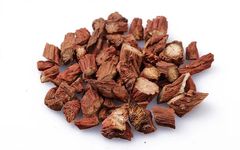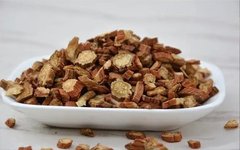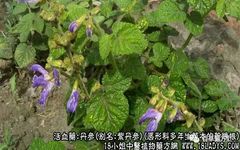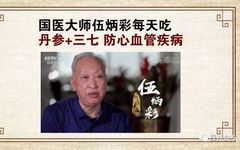The Ultimate Blood Activator: Dan Shen (Salvia miltiorrhiza)
Dan Shen (Salvia miltiorrhiza) Source This product is the dried root and rhizome of the plant Dan Shen Salvia miltiorrhiza Bge. from the Lamiaceae family. Related Names Red Root, Purple Dan Shen, Wine Dan Shen, Chi Shen, Chi Gen, Da Hong Pao, Mu Yang Ru, Ben Ma Cao, Xie Chan Cao. Images Source Textbook Due … Read more










